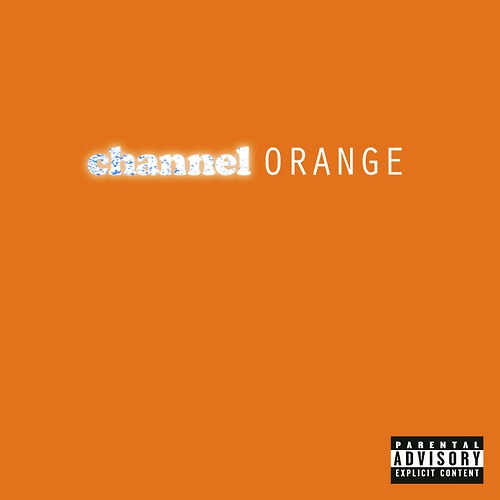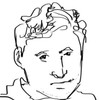
Channel OrangeDef Jam, 2012
FAVORITES:
"Thinkin' Bout You," "Bad Religion," "Forrest Gump"
FLAVORS:
Green, White, Pink, Orange

- Start
- Thinkin' Bout You
- Fertilizer
- Sierra Leone
- Sweet Life
- Not Just Money
- Super Rich Kids (feat. Earl Sweatshirt)
- Pilot Jones
- Crack Rock
- Pyramids
- Lost
- White (feat. John Mayer)
- Monks
- Bad Religion
- Pink Matter (feat. André 3000)
- Forrest Gump
- End
Advertisement
Advertisement
Advertisement
